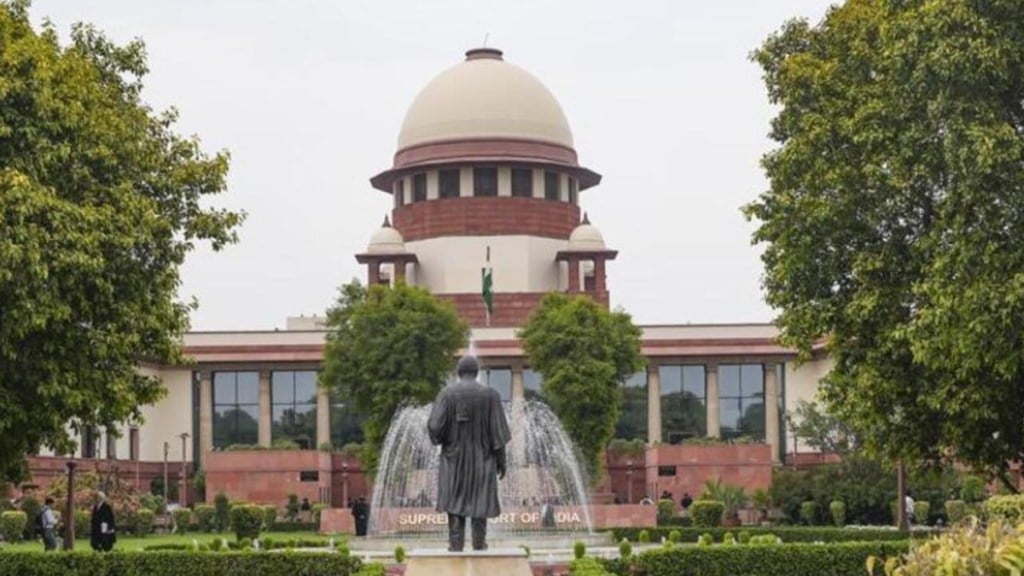The Union government has told the Supreme Court that unregulated online money gaming poses a clear threat to national security and financial crime risks, as they estimate that Indians collectively lose Rs 20,000 crore every year on these platforms. Furthermore, the government also argued that these platforms aided in over 80 suicides and terror funding. In a detailed affidavit responding to challenges filed by major gaming companies, the Centre argued that the sector has become a conduit for money laundering, capital flight and criminal networks that exploit the anonymity and cross-border movement inherent to digital platforms.
This is in response to the constitutional challenge to the Promotion and Regulation of Online Gaming Act, 2025, with the main petitioner, Head Digital Works Pvt Ltd, questioning Parliament’s power to impose a complete ban on real-money online games, as per IE.
Below are the key takeaways from the government’s submission:
Centre claims demonstrable links to terror financing and money laundering
The affidavit asserts that the ecosystem surrounding unregulated money-based online gaming has been used to route funds connected to drug trafficking, human trafficking, fraud and weapons smuggling. The government said it is willing to share “classified material” in a sealed cover, if directed, detailing the nature of these alleged links. These inputs, it said, are based on assessments by multiple ministries and enforcement agencies, IE reported.
Suspicious transaction activity has surged dramatically
According to the government, suspicious gaming-related transactions have risen at an ‘exponential’ pace over the past four years. Reviews of Suspicious Transaction Reports (STRs) and cross-border wire transfers revealed that a spike was observed in STR enquiries, with a single query in 2019-20 to over 200 enquiries in 2023-24.
Furthermore, 7,000 bank accounts were involved, showing nearly a twentyfold increase in both inbound and outbound transaction volumes. The affidavit also mentioned outward remittances of over Rs 5,700 crore in FY24 through real-money gaming channels. These transactions often went to areas known for weak regulatory oversight.
Public health harms central to the Union’s argument
Beyond the concern around financial crimes, the Centre places emphasis on the social consequences of online money games, which fuel addiction and, in turn, a rising number of suicides. As per the data submitted by states, there have been 32 suicides in Karnataka between January 2023 and July 2025, 20 cases in Telangana from last year and over 30 cases in Tamil Nadu in recent years.
The government estimates that users collectively lose around Rs 20,000 crore every year on real-money gaming platforms and that nearly 45 crore Indians have been affected.
Centre invokes federal competence to regulate the digital sphere
Defending Parliament’s authority, the government argued that Entries 31 and 97 of List I place digital-realm regulation squarely within the Union’s domain. It criticised state-wise attempts to control online gaming, saying they had created ‘regulatory chaos’ and a patchwork of raids, FIRs and conflicting court orders. The 2023 IT Gaming Rules, it said, were enacted precisely to avoid such overlaps.
Widespread use of mule accounts and crypto-layering
Investigations cited by the Centre point to a network of front persons, students, homemakers, and retired individuals, whose accounts are used to mask the identity of the entities actually controlling the money flows. The government said such accounts were frequently linked to crypto-routed transfers, hawala chains and offshore shell entities, creating a ‘high-risk channel’ for cleaning illicit proceeds.
Industry’s Article 19(1)(g) argument rejected
The Centre told the Court that online money gaming is ‘res extra commercium’—a category of activities outside constitutionally protected trade. Even if Article 19 rights applied, it argued, a complete prohibition would still qualify as a reasonable restriction, given the risks to national security, public order and public health.
According to the affidavit, the industry’s claims of job losses or investor impact ‘cannot take precedence over human lives’. “There can be no right to profession or trade at the cost of human lives, which online money gaming is known to take, month after month, across the country,” it stated.
The government clarified that the prohibition does not extend to e-sports or online games without real-money stakes. Companies, it said, simply need to “realign their business models” to comply with the statutory definition of permissible online games. A bench led by Justice JB Pardiwala has already consolidated similar cases from multiple high courts.

